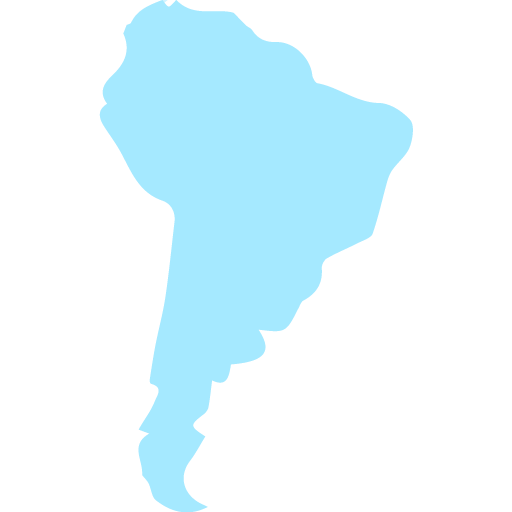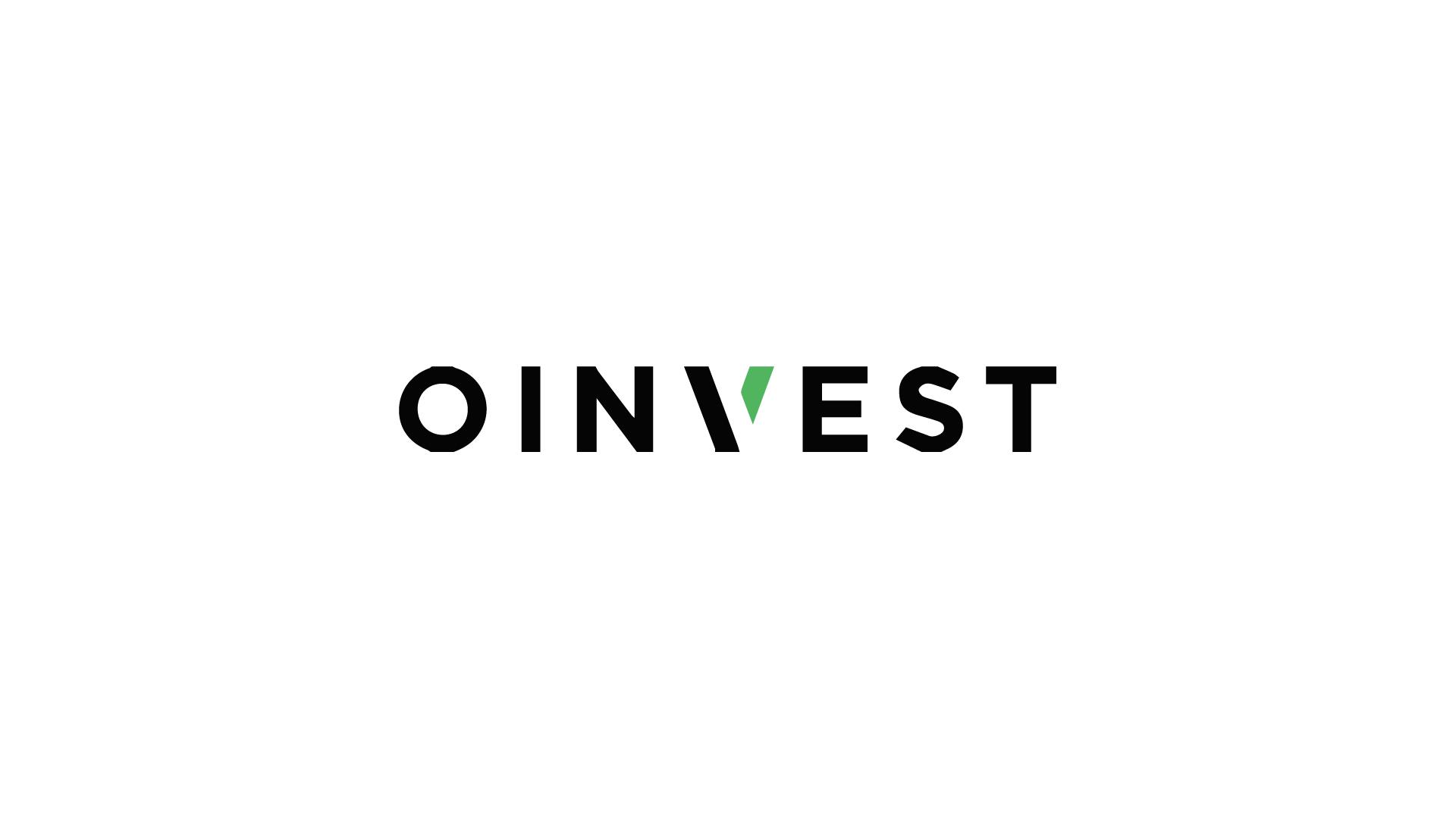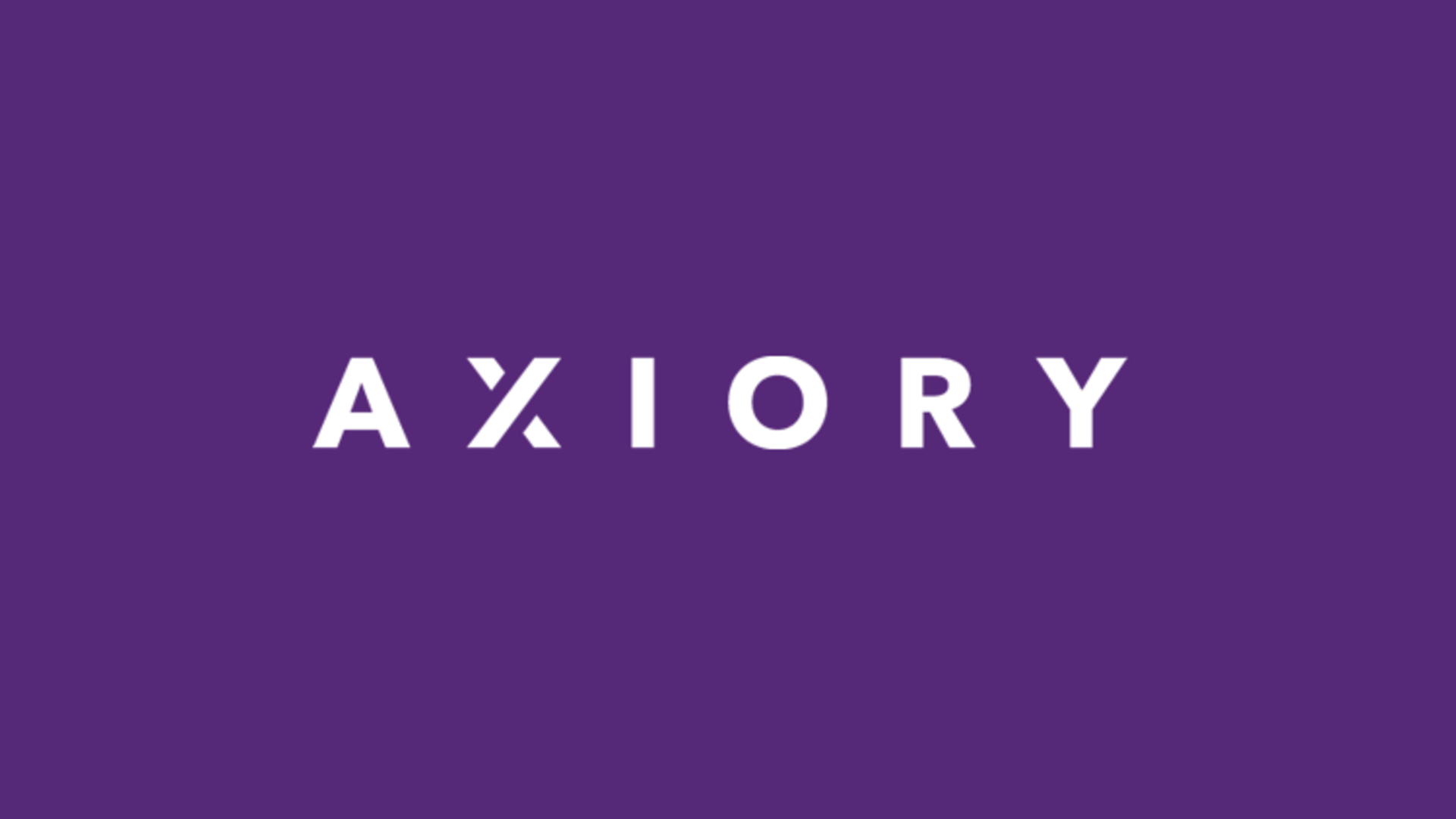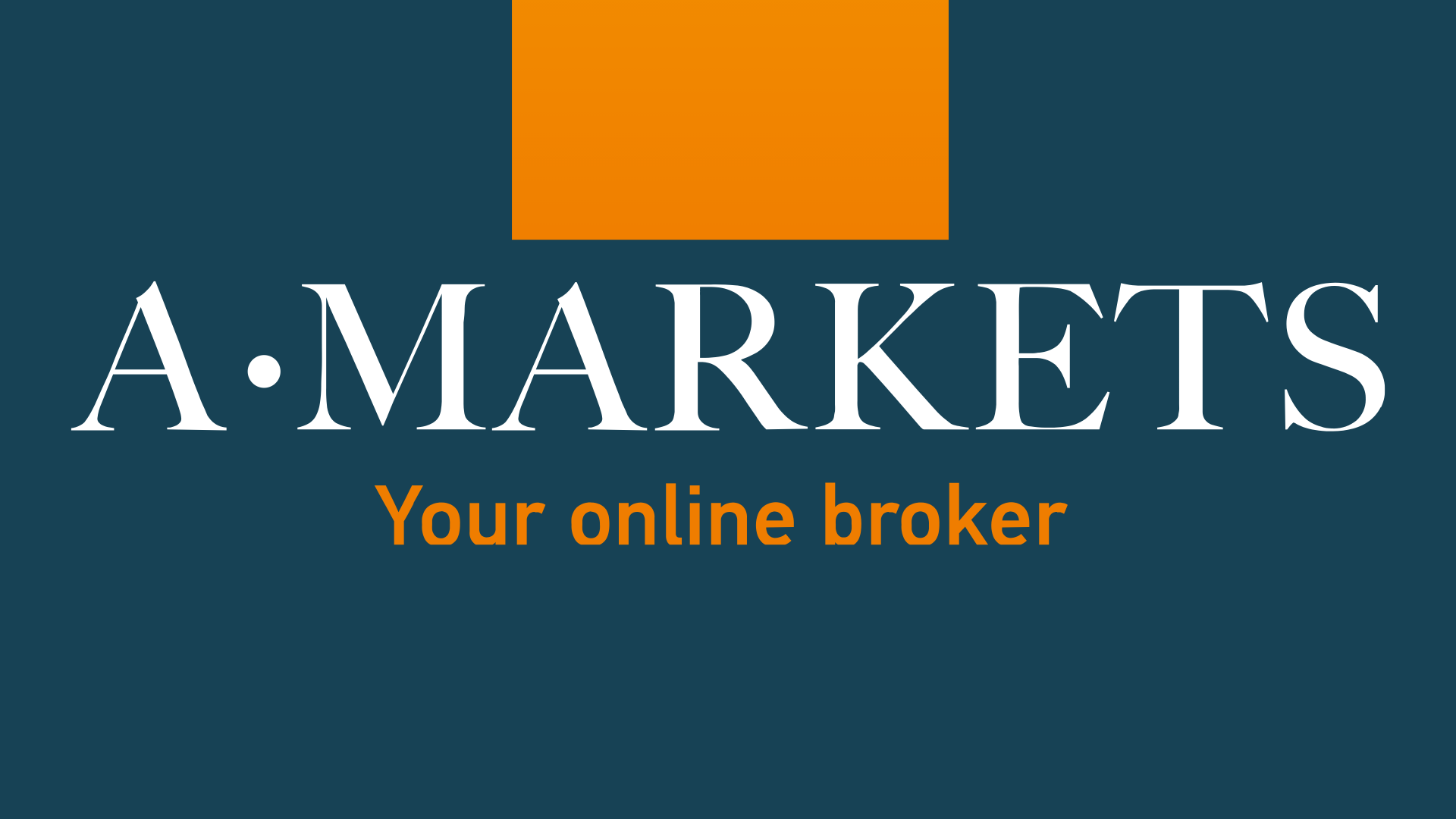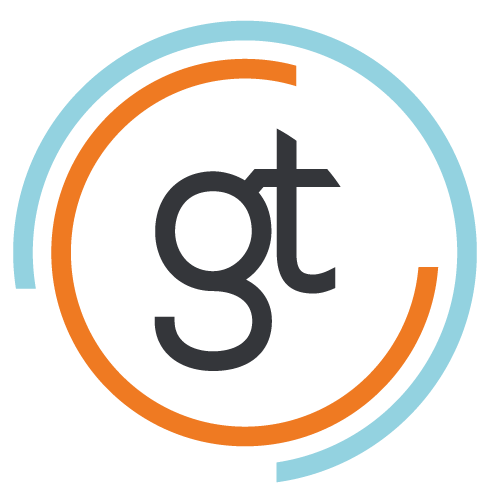Despite not being known to be a region with particularly wealthy countries, Forex trading is quite big in the South American region. The thing is, as Forex trading keeps becoming more and more popular in general, more people are now seeing it as something doable, something that is within reach, and something that can be a legitimate source of income. This is exactly the case with the South American countries, where more and more people are looking at Forex as their ticket out of poverty and towards prosperity.
Of course, with the popularity of trading going up with such speed, this has brought on challenges, such as the need for a stronger and more effective regulatory framework, which is absolutely crucial, especially in the market where there are a lot of vulnerable beginners and generally inexperienced people. This has been one of the biggest challenges for the Forex environment in this region, but without a doubt, progress has been made, and it’s on a much higher level now.
Today, the South American region provides ample opportunity for anyone who is interested in Forex trading and provides a much safer and reliable environment than ever before. In this guide, we will be discussing how the Forex landscape is looking for different countries in the South American region, especially in regards to its regulatory environment, specifically what kind of laws and regulations are in place guaranteeing the safety and security of the traders.
Top South American Forex brokers
Making a list of best South American Forex brokers is definitely no easy task, considering that the environment is still ints beginning stages, and the quality of the brokers is still steadily rising and hasn’t peaked just yet. With that being said, there definitely are some decent brokers offering their services to the South American countries, and the brokers presented below will definitely provide you with all the opportunities you are going to need to reach success.
XM
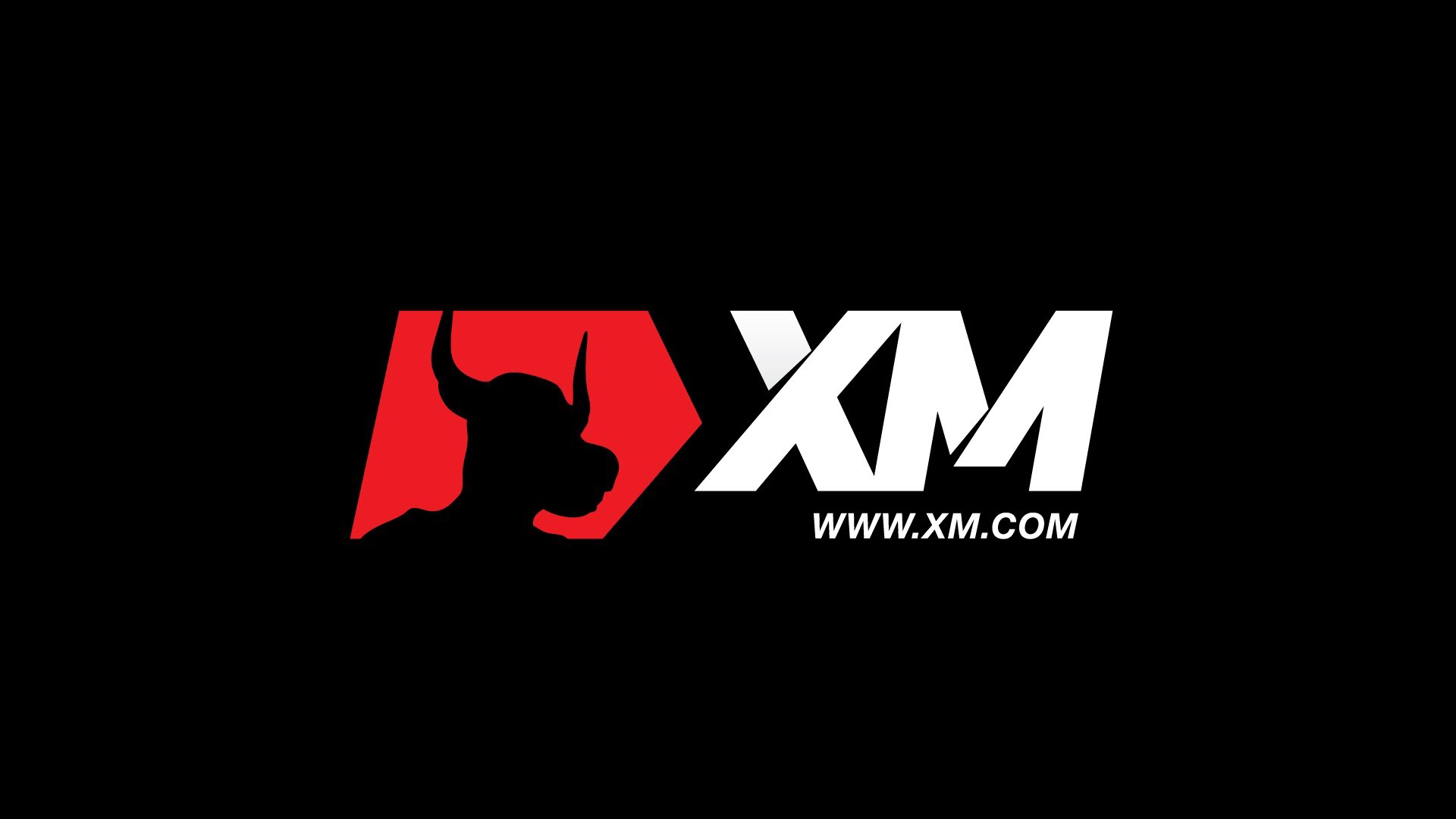

Min. Depo
$5

Licences
FCA, CySEC, IFSC, ASIC, DFSA

Leverage
1:888

Platforms
MT4, MT5, WebTrader
AvaTrade


Min. Depo
100 USD

Licences
ASIC, FSA, FSCA, FFAJ, FSRA, FSC

Leverage
400:1

Platforms
MT4, MT5
Exness
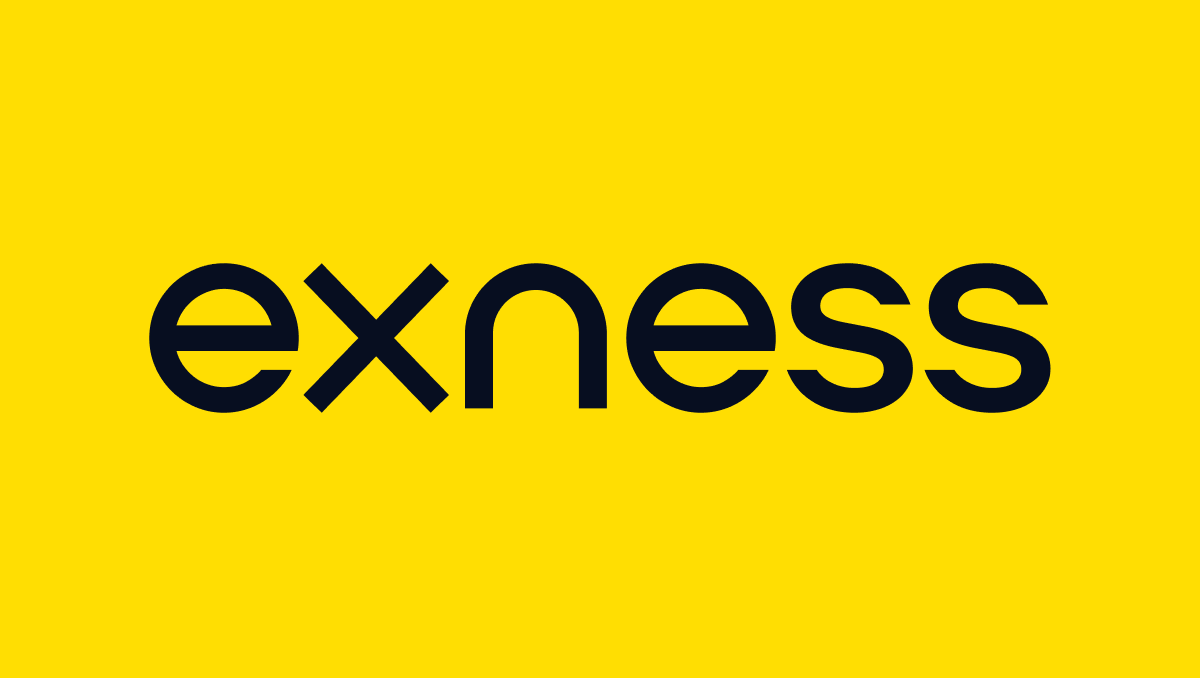

Min. Depo
$10

Licences
CySEC, FCA, SFSA

Leverage
1:2000

Platforms
MT4, MT5
FundedBull
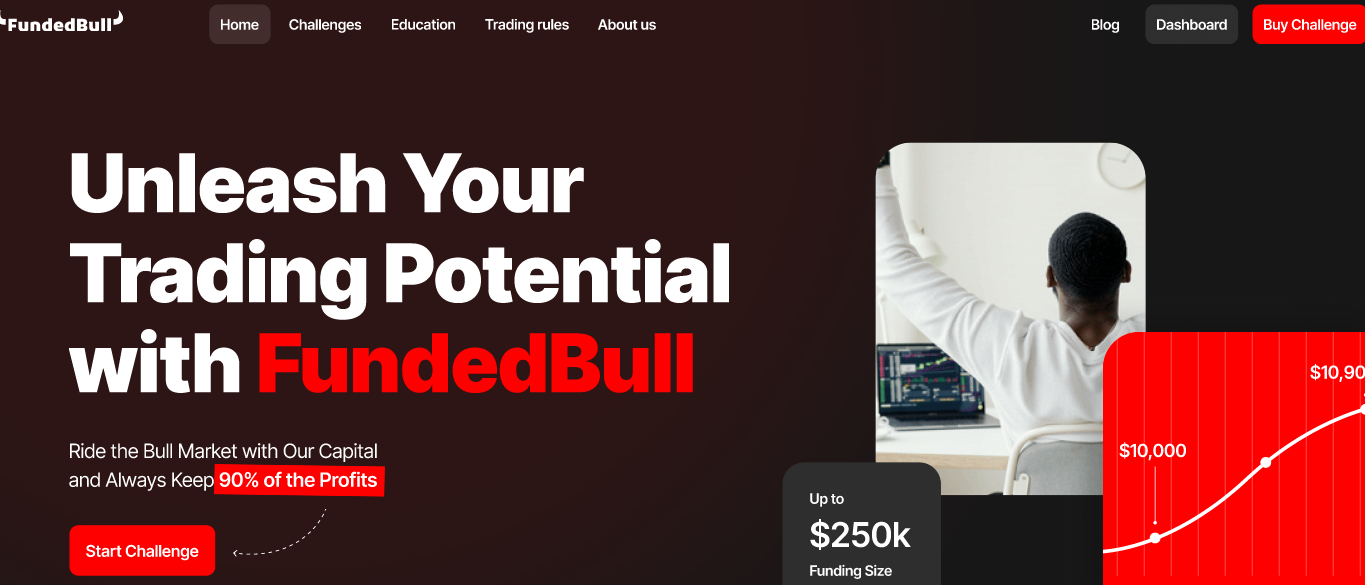

Min. Depo
49 USD

Licences
N/A

Leverage
N/A

Platforms
MT4, MT5, cTrader
Forex.com
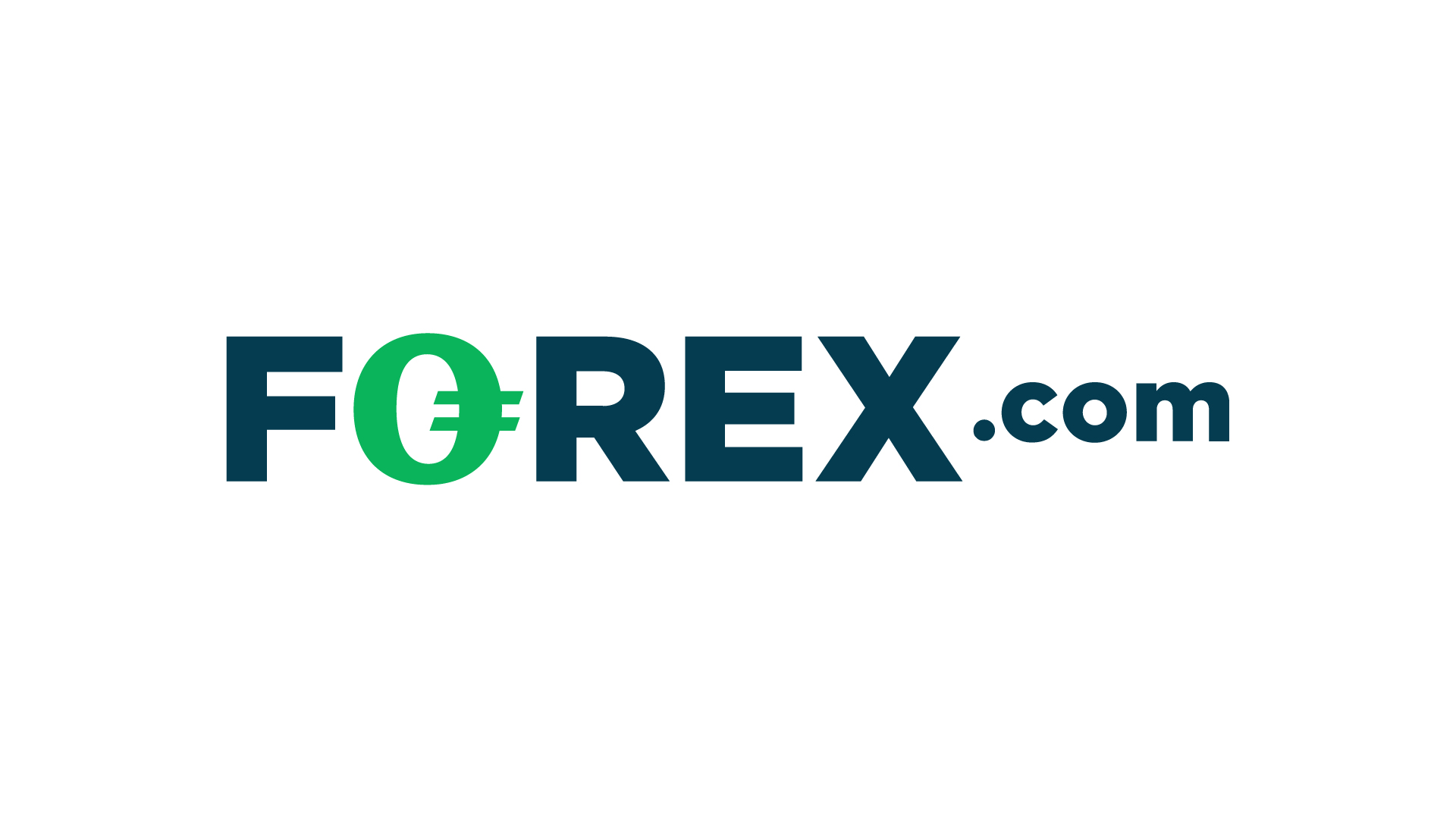

Min. Depo
$100

Licences
NFA, CFTC, FCA, FSA, IIROC and CIMA

Leverage
1:50

Platforms
WebTrader, MT4, MT5
CMTrading

Min. Depo
250 USD`

Licences
FSCA

Leverage
1:200

Platforms
MT4, WebTrader, Copykat
Plus500
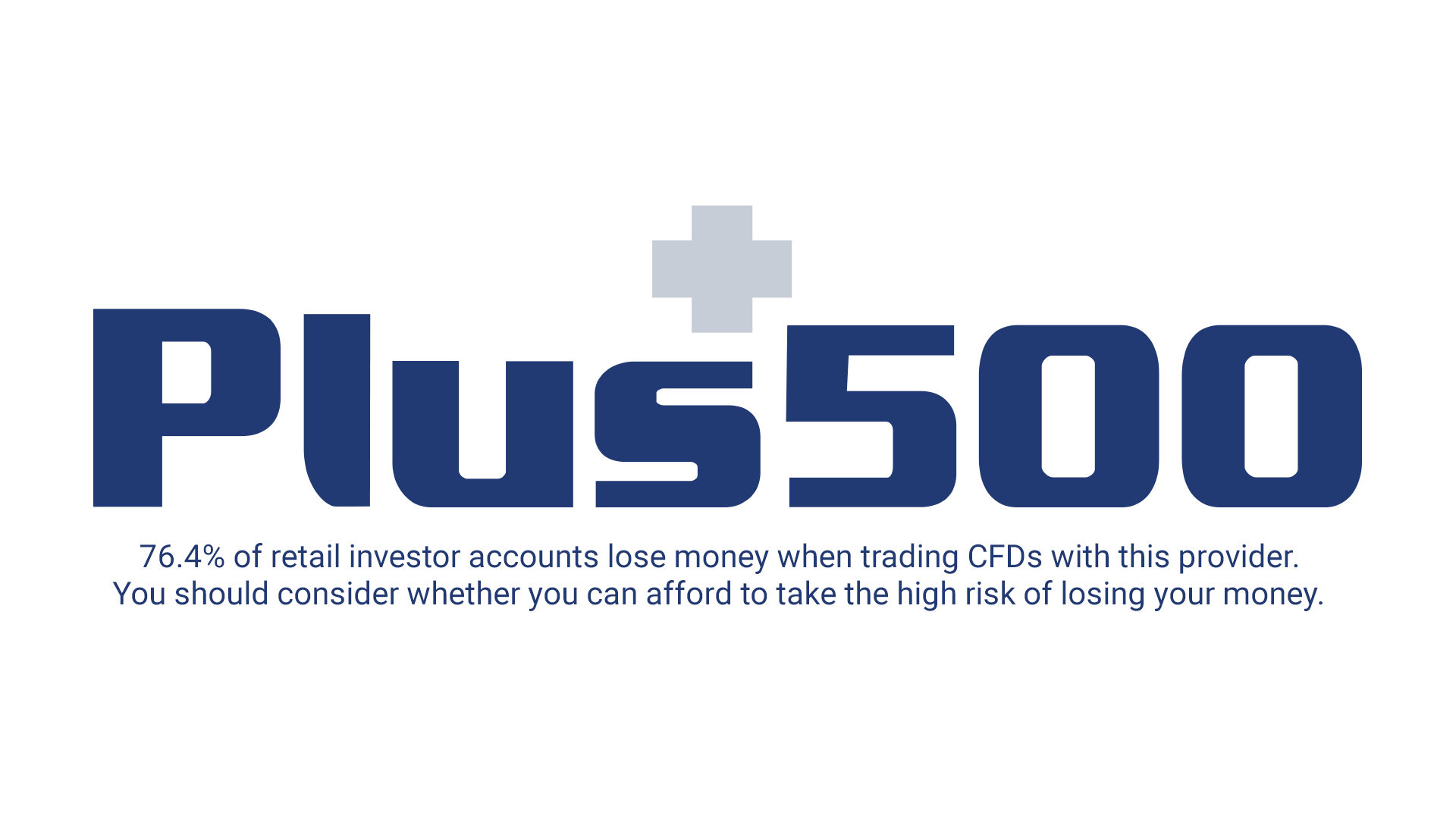

Min. Depo
$100

Licences
FCA, ASIC, CySEC, FSCA, FMA, MAS

Leverage
1:30

Platforms
WebTrader, Windows 10 Trader
Forex trading in South America – guide by country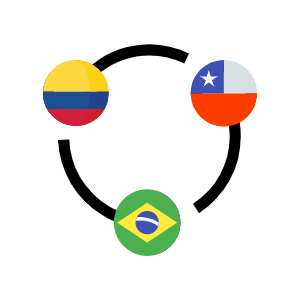
Below are all the South American countries that we have reviewed for Forex trading. Whether you’re a complete beginner or have a sizable experience, you can be sure that you will find at least some value in these guides. They contain some of the most important information that any trader needs to be aware of to have safe and productive trading experience. As mentioned, the Forex markets are still very much in the process of growing in these countries. As such, it is even more so important to make sure that you are adequately aware of all the important details that will have a direct effect on your safety and security.
Forex regulations in South America
As we have mentioned before, the Forex environment is still very much in its beginning stages. As such, the developments and progress are occurring on a pretty rapid scale. This relates to the regulatory environment as well, which is one of the key pieces of this whole puzzle. When it comes to Forex trading, especially in countries where it’s not yet on the same level as some of the Forex powerhouses like Germany or the UK, the importance of an effective regulatory framework is even higher.
As of late, we have seen some sizeable progress in this regard with the South American countries. In countries like Brazil and Colombia, where for a very long time there were serious issues of fraud and scams, the situation now looks much more promising, and many locals can now enjoy Forex trading in these countries in a safe and secure manner.
Licensing of the brokers in South America
In the South American countries, brokers that wish to be locally-based and licensed can seek out the licenses from their respective governments. As an example, in Brazil, the local authority that provides licensing to the brokers is the Central Bank of Brazil. However, it is not actually mandatory for the brokers to have this license. This is why we mentioned that the regulatory specifics are still very much in the process of development.
In general, going with a broker that is licensed with your local authorities is your best bet, as this gives you the most security. That a broker is licensed and supervised by your government gives you not only the most safety, but for convenience as well, as in case you have some dispute with your broker, your government will be able to get involved, and the issue will be rectified based on your local laws and regulations.
With that being said, it should definitely be mentioned, that you are highly likely to encounter international brokers operating in South America, which may be licensed by the outside regulators such as CySEC or FCA. It is quite common for brokers licensed in one specific country to be operating in many different countries.
If after hearing this you’re a bit concerned for your safety, you definitely shouldn’t be. If your broker is licensed with a legitimate and respected regulator such as FCA, then you needn’t have any concern for your safety. In fact, considering the fact that the regulatory frameworks are still in the process of developing for countries of this region, with brokers licensed with regulators such as CySEC or FCA, you are arguably in better hands.
The only thing to do is to make sure that you conduct appropriate research regarding the specifics of your broker’s license, meaning that you must ascertain that they are actually licensed with legitimate regulators with a proven track record. After that, most of your concerns regarding your safety and security should be gone. Now, let’s discuss some of the regulations, standards, and practices that you will commonly encounter with most South American Forex brokers.
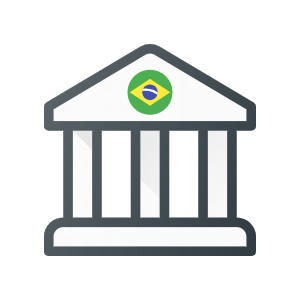 Your trading account will be segregated
Your trading account will be segregated
One common practice that you will encounter with most Forex environments will be the rule of account segregation. This, of course, is the case for the South American Forex market as well. This rule dictates, that the broker is not allowed to keep the traders’ funds in the same account where they keep their own operating capital. Rather, they must be kept in separate bank accounts.
How is this beneficial? Well, it can be of use in multiple different ways. For one, it makes sure that the broker won’t be intentionally or unintentionally misusing your funds for outside reasons, thereby putting them in danger. Additionally, it keeps them safely saved away in case something negative happens to the brokers themselves, like their accounts being frozen, their assets being confiscated, or them simply going bankrupt. This is a rather common rule that is now extensively being employed in all Forex environments, as it has shown to be of great value in increasing the standards of safety and security for the clients/investors.
The brokers will be continuously subjected to certain standards of qualification
That a broker is licensed is only the first step. It is very important, that the authorities make absolutely sure, that the brokers keep continuously satisfying the relevant standards and guidelines for a very long time to come. The reason is that some Forex environments offer an easy and accessible process of licensing, and as such, it then becomes even more important to make sure that the activities of the brokers are kept in check and that they’re “pressured” to keep up with the standards and levels of qualification that is needed for ensuring the progress, continuous prosperity, and, most importantly, safety and security of the market.
One such measure that the regulators have implemented is the rule of minimal capital adequacy, which dictates that the brokers are required to keep a certain minimum amount of funds in their operating capital. As is the case with almost everything else, this will vary depending on your specific regulator. For the South American region, in the case of an example of Colombia, the requirement is for the brokers to have a minimum of 936 million in operating capital, which is equivalent to around $265,000 as of this writing.
Of course, having this amount of operating capital, especially for the brokers in Colombia, would be quite a serious requirement, and hence, would achieve its goal of increasing the equality of the possible brokers who would be allowed to operate in the country. Additionally, these kinds of minimum capital requirements also make sure, that the broker is adequately prepared to withstand the possible dangers that the brokers will be subjected to from the volatilities of the Forex market.
Aside from requirements such as these, the brokers are always and continuously monitored and reviewed by their licensing authorities. These audits and reviews can be quite thorough and detailed, as they can encompass various sorts of details relating to the activities of the brokers, including, but not be limited to, reports regarding the financial activities of the brokers and their transactions, their interactions and customer service approach with the clients, the success and failure ratios, and much more. By closely monitoring the activities of the brokers this way, the regulators can always be aware of their activities and take appropriate action as needed when it comes to policing the operation of the brokers.
The above was just a quick overview of what you may expect in terms of this region’s regulatory environment. Obviously, considering that each and every country has, at least in a way, their unique approach to regulating the market, it is highly advised that you conduct additional research regarding your specific country of choice. Make sure to check out our dedicated guides to most of the major Forex countries in South America, where you will find all of the most important details that will be of huge help whether you’re a beginner or an experienced trader joining the South American Forex market for the first time.
What the South American Forex market is today
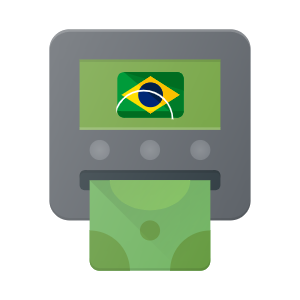
Although the South African Forex market is not on the same level as some of the major Forex regions, the progress that has been made is undeniable. Today, anyone interested in Forex trading in South American countries, can expect to have safe and secure trading experience, with decent opportunities.
In contrast to how it all was not too long ago and how it is today, now is definitely as good and better time for Forex trading as ever before. Make sure to check out one of our guides for your specific country to learn how it all works in detail, and once you feel you’re ready to put your new-found knowledge to use, choose your broker of liking, and start your Forex trading journey in South America with best chances of being successful!

